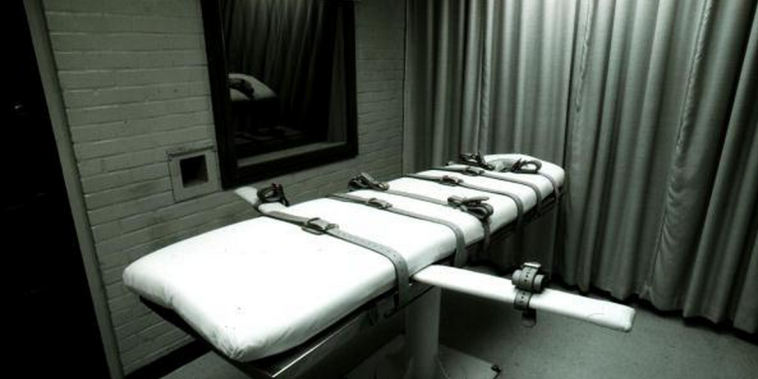One can support the death penalty in principle and be skeptical about it in practice. It’s the practice, more than the principle, that conservatives need to reexamine, and for good reason.
Videos By Rare
Conservative support for the death penalty has long been predicated on the belief that it’s a just penalty for some crimes, but also that those who were convicted and sentenced to death were guilty beyond a reasonable doubt—and given the multiple appeals available, one might argue beyond any doubt. But recent revelations have demonstrated that that trust in the judicial system is unfounded. Conservatives need to be as skeptical of the justice system as they are other parts of government.
Earlier this year the National Registry of Exonerations reported that there were 125 exonerations in 2014, an all-time high. The Registry says it has documented more than 1,500 exonerations since 1989.
One reason for the rising number is that several cities have created “conviction integrity units,” which are charged with examining convictions based on questionable evidence. Of course, those integrity units’ growing success rate means society has sent a lot of innocent people to jail.
My state of Texas, for example, provided the highest number of exonerations: 39. Does that also mean that Texas has led the way in falsely convicting the innocent? Or maybe the state is just more aggressive if reevaluating past convictions.
Another important reason for the rising exonerations has been due to the work of the Innocence Project, which pushes judicial systems to have DNA samples tested if available. Dallas has led the way in DNA exonerations, in part because the city stored DNA evidence, which many other jurisdictions didn’t do.
And while factors such as faulty witness testimony (34 percent of the exonerations) or false confessions (13 percent) played a contributing role in the wrongful convictions, so did perjury or false accusations (56 percent), and another 46 percent included some form of official misconduct.
If that’s not bad enough, now we learn that the FBI’s forensic unit examiners inaccurately testified against hundreds of defendants for nearly two decades, up to the year 2000 (the latest year the report studied).
According to a Washington Post story, “Of 28 examiners with the FBI Laboratory’s microscopic hair comparison unit, 26 overstated forensic matches in ways that favored prosecutors in more than 95 percent of the 268 trials reviewed so far, according to the National Association of Criminal Defense Lawyers (NACDL) and the Innocence Project.”
“Overstating forensic matches” is bad when the state is considering, say, assault and battery, but it can be deadly, literally, when the alleged crime is homicide. We learn from this same report, “The cases include those of 32 defendants sentenced to death. Of those, 14 have been executed or died in prison …” The Registry says 45 percent of its exonerations were homicide cases.
Analysts are quick to point out that the finding doesn’t mean the convictions based on the FBI’s findings were always wrong; there was often other evidence presented that could have led to the conviction.
But did the FBI’s testimony provide the nudge in some cases that pushed the jury over the guilty line? Would a jury have still convicted but opted for, say, life in prison instead of the death penalty without the FBI’s overstatements? We will probably never know.
Conservatives, and the public at large, have typically been very supportive of law enforcement, perhaps assuming that the lethargies, inefficiencies and overreaches that plague most bureaucracies don’t invade the law enforcement realm. But the evidence no longer supports that assumption.
Conservatives can still back the principle of the death penalty for those who are clearly guilty of heinous crimes—convicted Boston bombing killer Dzhokhar Tsarnaev comes to mind. But they must bring their well-founded, big-government skepticism to the justice system—because it too is part of the government.

